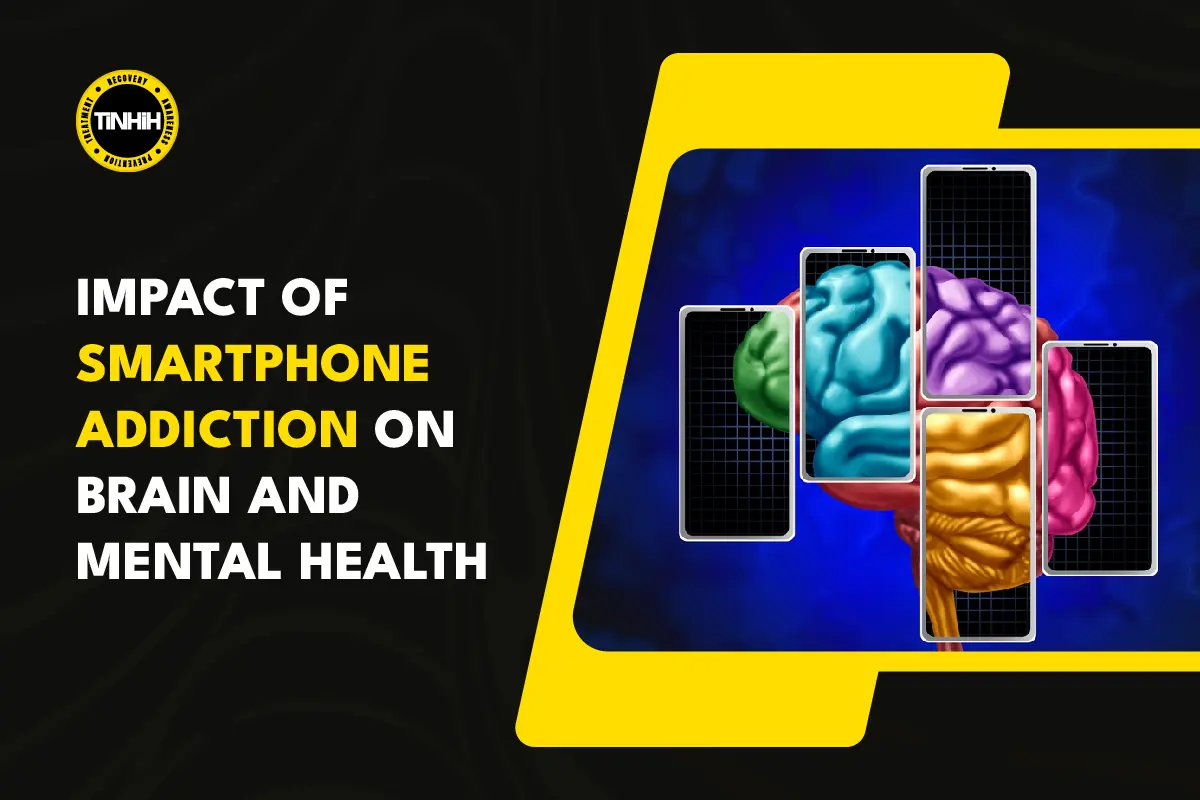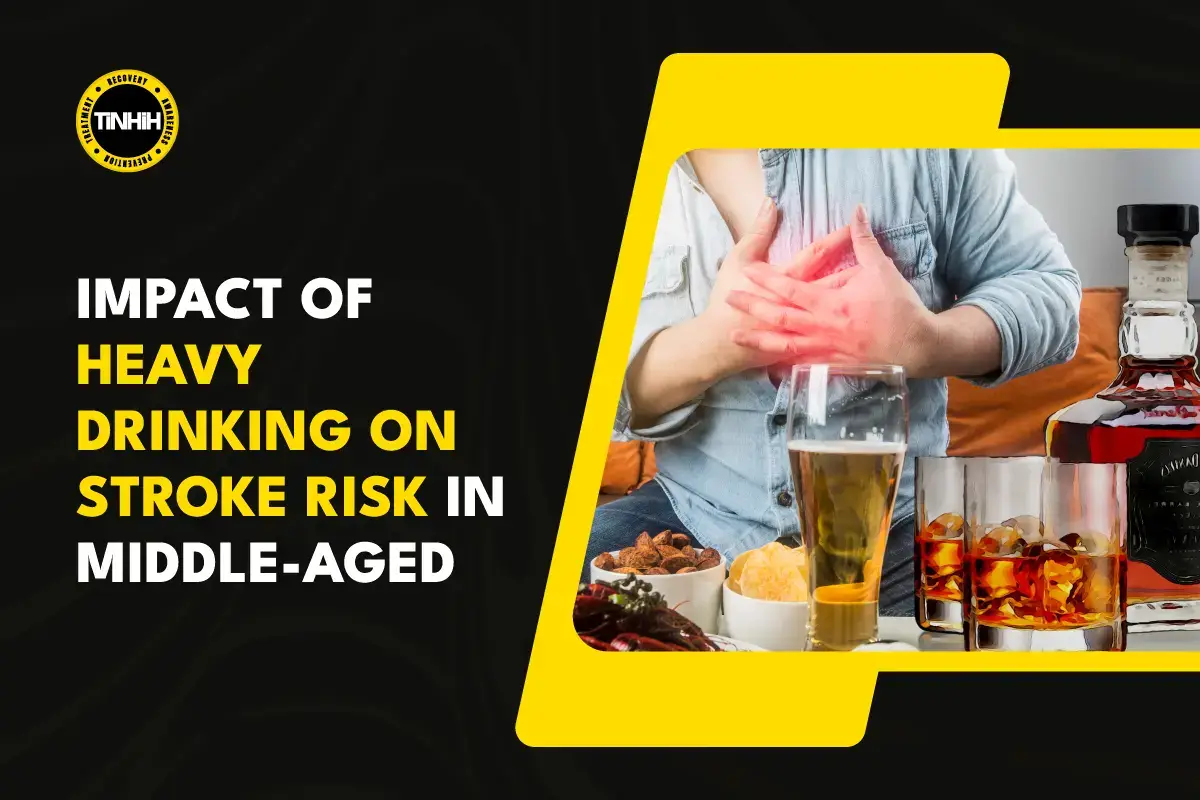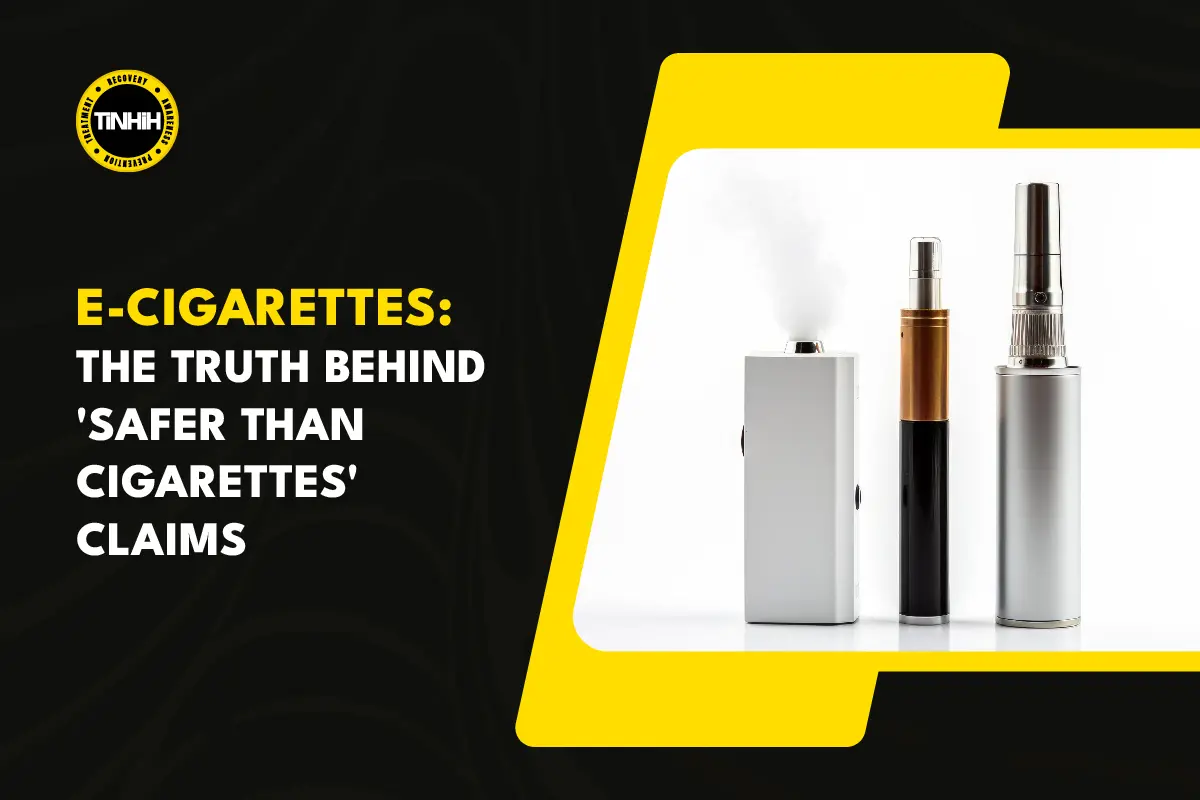
The Impact of Heavy Drinking on Stroke Risk in Middle-Aged Individuals

Heavy drinking among middle-aged individuals poses significant health risks, including an increased likelihood of experiencing a stroke. In this article, we delve into the relationship between heavy alcohol consumption and stroke risk, shedding light on the detrimental effects it can have on one’s health.
Understanding Stroke Risk Factors
Before delving into the specific correlation between heavy drinking and stroke risk, it’s crucial to understand the various factors that contribute to the likelihood of experiencing a stroke. These factors include:
- Hypertension
- High cholesterol levels
- Smoking
- Diabetes
- Obesity
- Physical inactivity
The Link Between Heavy Drinking and Stroke Risk
Recent studies have highlighted a strong association between heavy drinking and an elevated risk of stroke, particularly among middle-aged individuals.
Heavy drinking, is defined as consuming more than the recommended limits of alcohol consumption.
This can lead to various health complications, including hypertension, irregular heart rhythms, and an increased propensity for blood clotting.
Impact on Middle-Aged Individuals
Middle-aged individuals are particularly susceptible to the adverse effects of heavy drinking on stroke risk.
This demographic often faces added stressors and responsibilities, which may drive them towards excessive alcohol consumption as a coping mechanism.
However, this behavior significantly increases their vulnerability to stroke and other cardiovascular diseases.
Mechanisms Behind the Increased Risk
The mechanisms underlying the heightened stroke risk associated with heavy drinking are multifaceted.
Chronic alcohol consumption can lead to the following physiological changes, all of which contribute to an increased likelihood of experiencing a stroke:
Hypertension
Heavy drinking can elevate blood pressure levels, putting strain on the blood vessels and increasing the risk of ruptures or blockages that can lead to a stroke.
Irregular Heart Rhythms
Alcohol consumption can disrupt the normal rhythm of the heart, predisposing individuals to conditions such as atrial fibrillation, which significantly heightens the risk of stroke.
Increased Blood Clotting
Alcohol can alter the body’s clotting mechanisms, leading to the formation of blood clots that can block arteries and trigger a stroke.
Prevention and Risk Reduction Strategies
Preventing strokes in middle-aged individuals requires a multifaceted approach that addresses both lifestyle factors and underlying health conditions. Key strategies include:
Moderating Alcohol Consumption
Encouraging individuals to limit their alcohol intake to within recommended guidelines can significantly reduce their risk of experiencing a stroke.
Healthy Diet and Exercise
Promoting a balanced diet and regular physical activity can help individuals maintain a healthy weight, manage blood pressure and cholesterol levels, and reduce their overall stroke risk.
Regular Health Screenings
Routine health check-ups can help identify and manage risk factors such as hypertension, diabetes, and high cholesterol, allowing for early intervention and prevention of stroke.
Stress Management
Providing support and resources for stress management techniques can help middle-aged individuals cope with life’s challenges without resorting to heavy alcohol consumption.
Conclusion
Heavy drinking among middle-aged individuals is strongly associated with an increased risk of stroke.
Understanding the mechanisms underlying this correlation and implementing effective prevention and risk reduction strategies are crucial steps in mitigating the impact of heavy alcohol consumption on stroke risk.
By promoting awareness and adopting healthy lifestyle choices, we can reduce the incidence of strokes and improve the overall health and well-being of middle-aged individuals.





